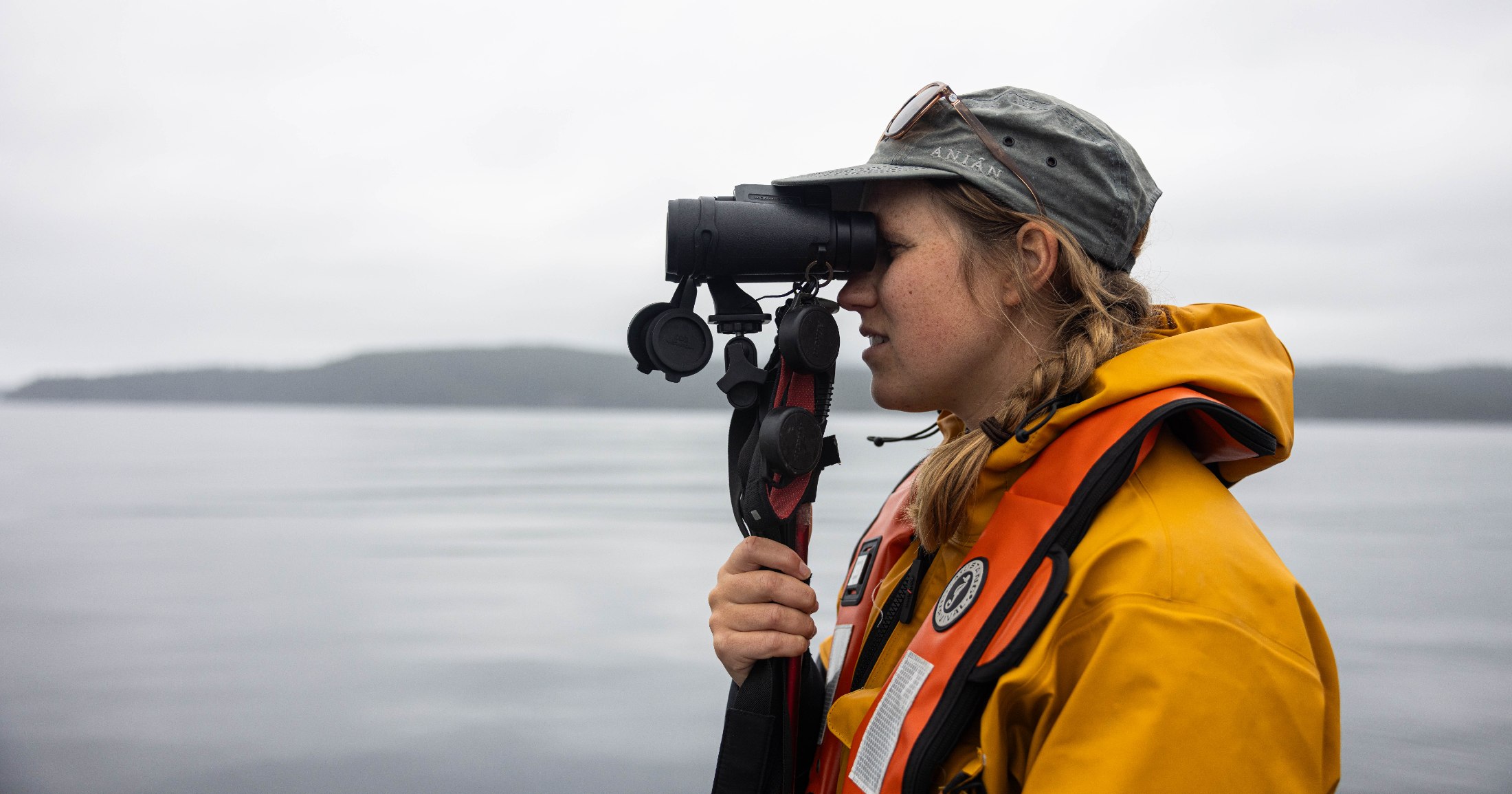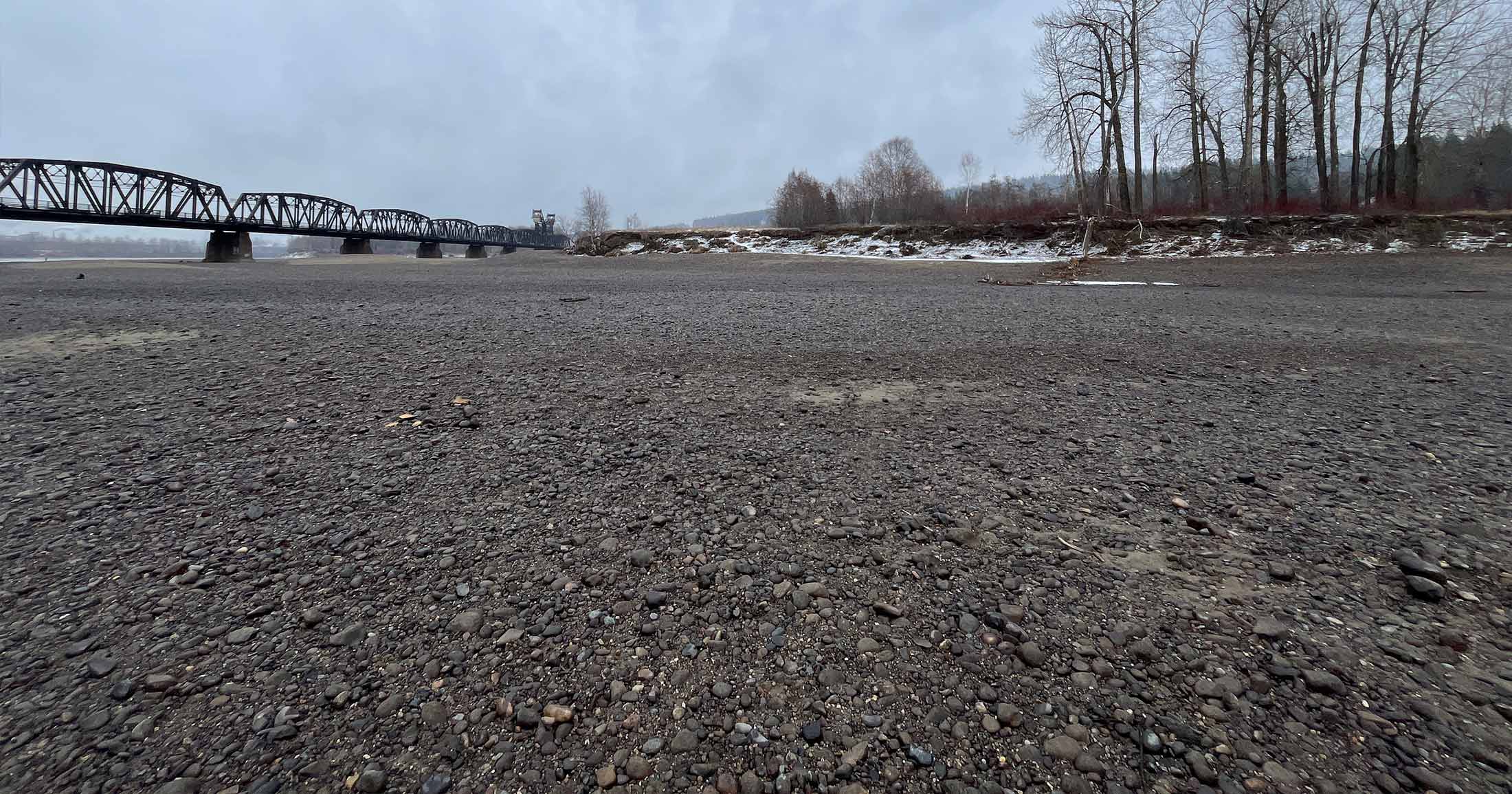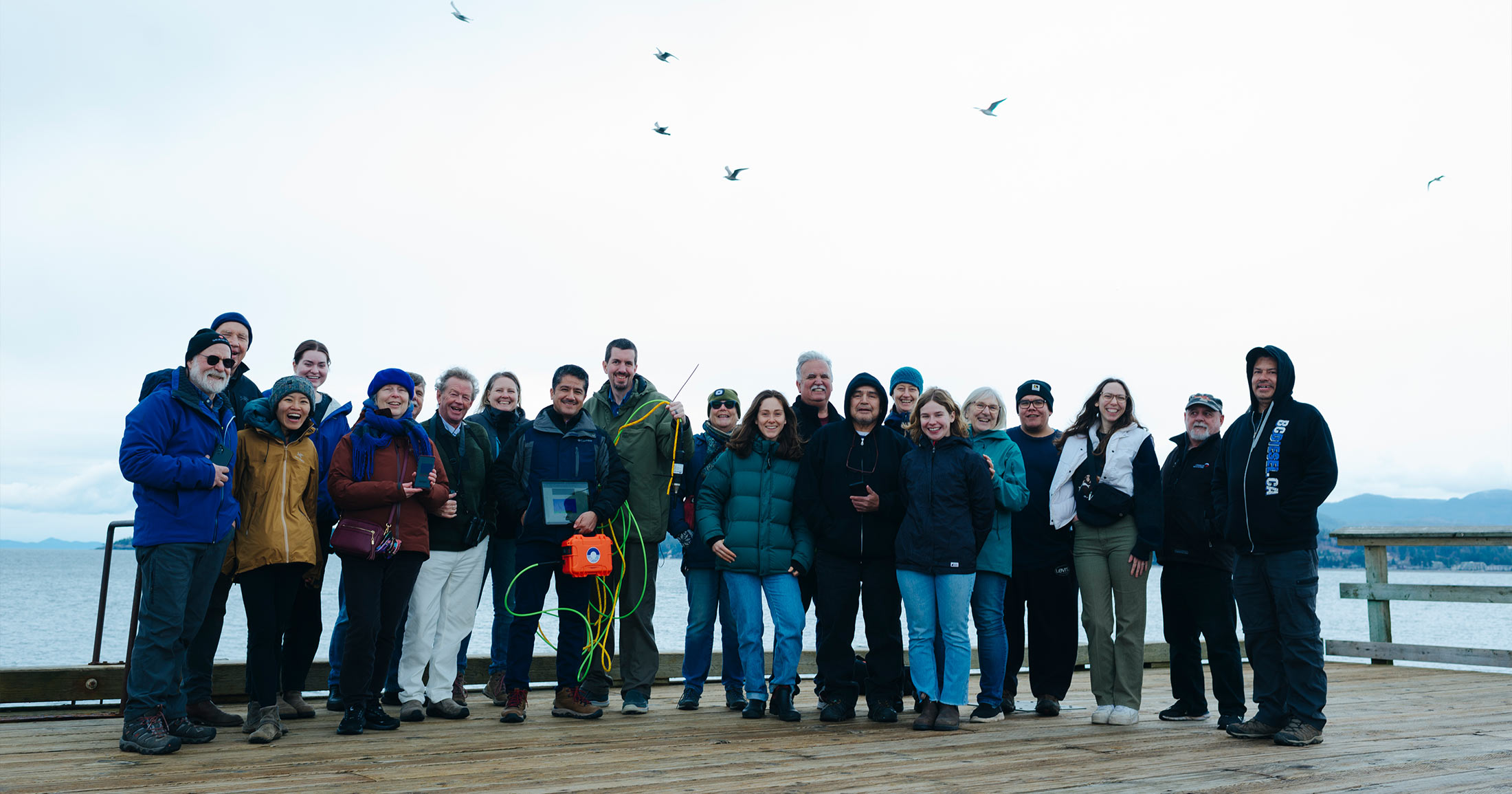Study simulates spread of oil spill in Salish Sea
October 31, 2013
By Sarah Petrescu, Times Colonist
Melissa Frey and a group of friends were walking along the beach on Saturna Island recently when they spotted yellow pieces of plywood stamped with a simple message: This could be oil.
The “drift cards” are part of a joint study by the Raincoast Conservation Foundation and the Georgia Strait Alliance to look at the potential spread of an oil spill in the Salish Sea. Each card states the purpose of the study and asks those who find them to contact the organization so they can plot the location on a map at salishseaspillmap.org.
“We’d heard of the study so we weren’t too surprised to see them,” said Frey, a Victoria biologist. “But it was a big cluster that washed up and it wasn’t lost on us that we were in a national park.”
Coincidentally, her husband found the first card on Victoria shores Tuesday at Clover Point. It travelled from the mouth of the Fraser River in less than three days.
Nearly 2,000 cards were dropped between Oct. 24 and 30 along nine points from the Ironworkers Memorial Bridge in Vancouver to Juan de Fuca Strait off Victoria, mimicking a regular tanker route. The study is a direct response to the Kinder Morgan proposal for an expanded pipeline, which could increase oil-tanker traffic along the B.C. coast by five times. Based on data from Kinder Morgan, that could mean 408 annual tanker visits by 2017, up from 71 in 2010…
To read the full article please visit the Times Colonist website.
Support our mobile lab, Tracker!
Our new mobile lab will enable the Healthy Waters Program to deliver capacity, learning, and training to watershed-based communities. We need your support to convert the vehicle and equip it with lab instrumentation. This will allow us to deliver insight into pollutants of concern in local watersheds, and contribute to solution-oriented practices that protect and restore fish habitat.










